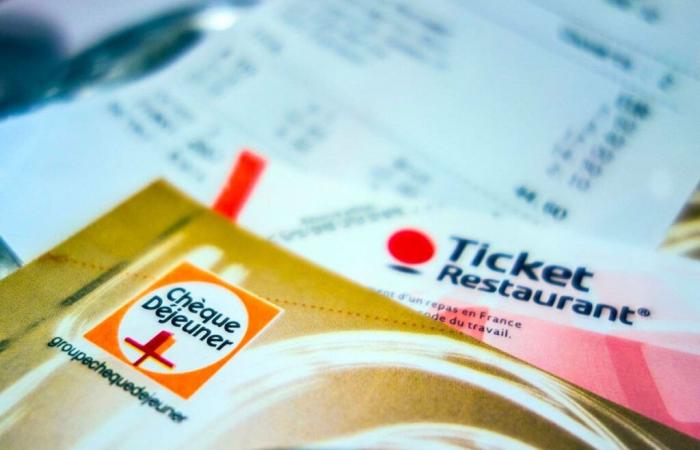The extension of the use of meal vouchers in supermarkets raises serious concerns among those in the catering sector and the authorities overseeing the system. The National Commission for Meal Vouchers (CNTR) warns of a possible elimination of tax exemptions, threatening up to 100,000 jobs.
An extension criticized by the CNTR and restaurateurs
The National Assembly recently extended, until the end of 2026, the possibility of using meal vouchers for all food products, including supermarkets. This measure, initially put in place to respond to the health crisis, is now criticized by the CNTR and restaurateurs.
Jean-Michel Rousseau, vice-president of the CNTR, warns: “ If the meal voucher is diverted from its purpose, there is the risk that the Court of Auditors will call into question the exemption from charges. » This mechanism, designed to finance meals taken during employees' lunch breaks, mainly supports the catering sector.
According to a CNTR study, the system contributes to the local economy to the tune of 14 billion euros in 2023, including 8.6 billion injected into traditional and fast food. However, large-scale distribution, which benefits from a growing share of this windfall, is causing concern: fewer than 7,500 direct jobs depend on it, compared to 76,000 in catering. The loss of the exemption could lead to the disappearance of 40,000 jobs, according to projections.
Solutions under discussion to preserve meal vouchers
Faced with these issues, several avenues are mentioned. The CNTR proposes to establish differentiated ceilings depending on the use of meal vouchers: 25 euros for meals consumed immediately, and a lower ceiling for purchases in supermarkets. A global reform of the system is also in preparation for 2025, at the initiative of the Secretary of State for Consumer Affairs, Laurence Garnier.
On the side of restaurateurs, criticism is also strong. Thierry Marx, president of the Union of Hotel Trades and Industries (Umih), describes this extension as “ scandal » and pleads for the creation of a title dedicated to mass distribution. Romain Vidal, representative of the Groupement des Hôtelleries & Restaurations de France (GHR), suggests a double ceiling: 15 euros for groceries and 25 euros for meals in restaurants.
However, large retailers defend the extension of meal vouchers. According to Layla Rahhou, general delegate of the Federation of Commerce and Distribution, this measure responds to new consumption habits linked to teleworking and the preparation of home meals.






